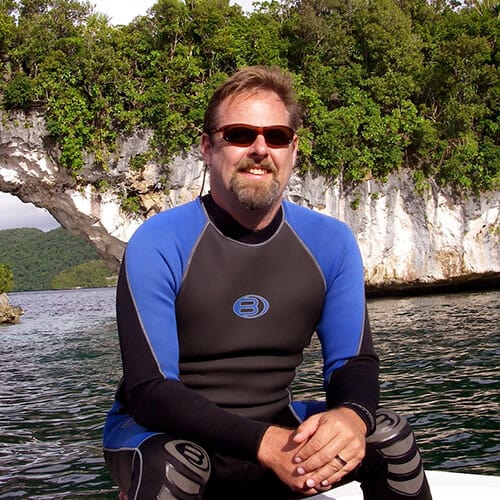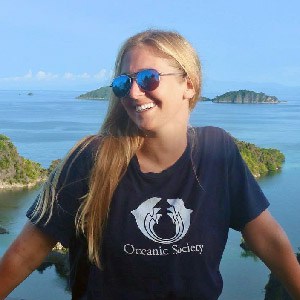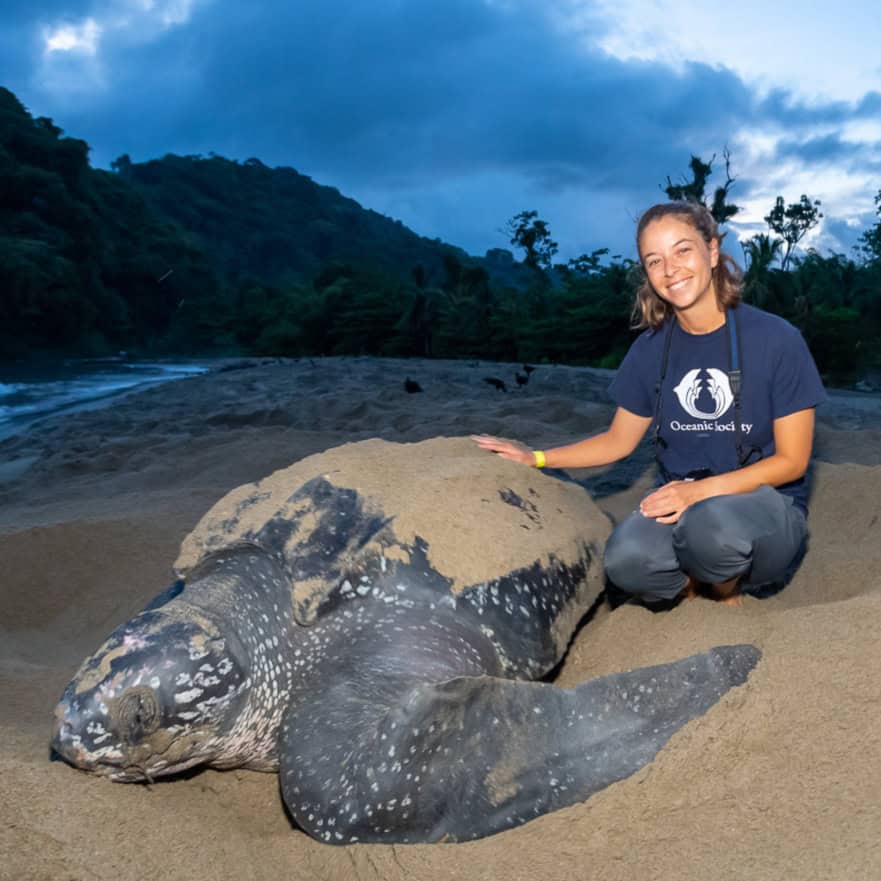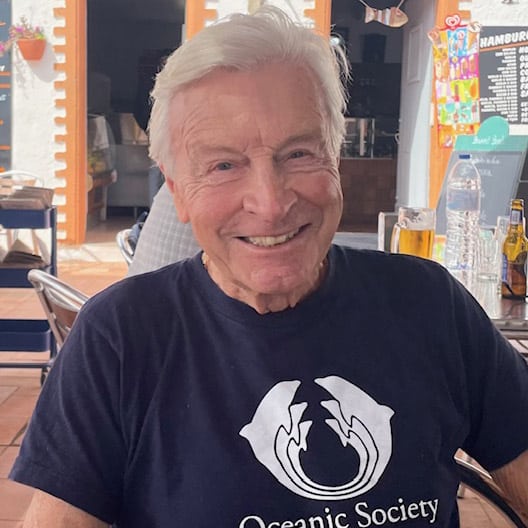Our Mission
Oceanic Society works to improve ocean health by deepening the connections between people and nature to address the root cause of its decline: human behavior.
As America’s original non-profit organization dedicated to ocean conservation, Oceanic Society has worked for more than 55 years to inspire and empower people worldwide to take part in building a healthy future for the world’s oceans. Through our work we are:
Together, these strategies aim to "move the needle" in ways that measurably improve ocean health and reduce the hazards that humans pose to oceans over time.
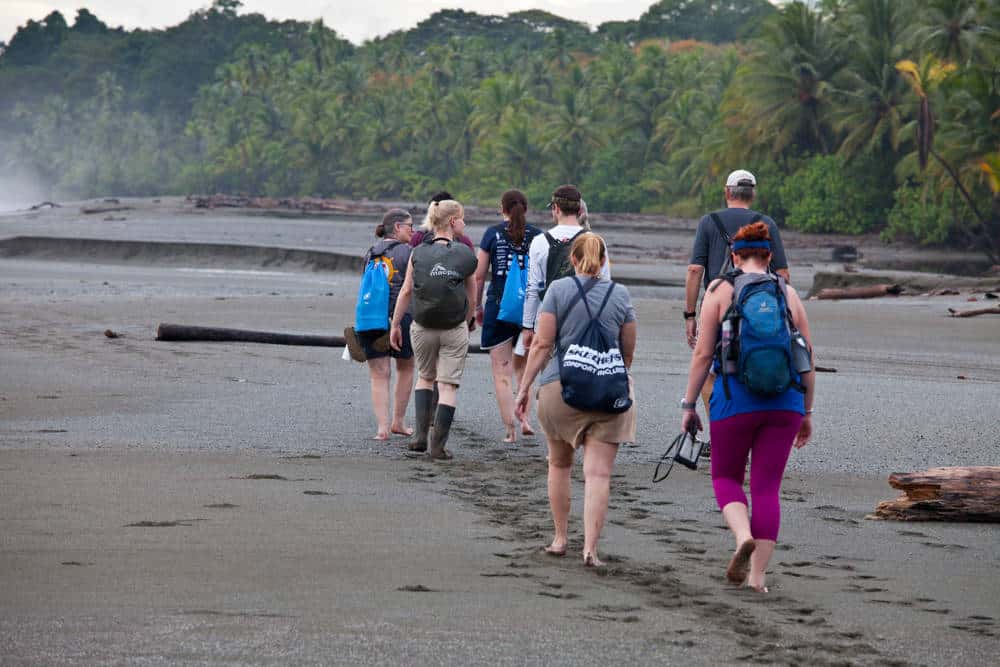
Our Work
We’re working to connect people to the ocean and build a movement dedicated to solving the key ocean problems of our time. Learn about our programs to reduce ocean plastic pollution, curb climate change, save sea turtles, and more.
Our Staff
Our dynamic staff are based on both coasts of the U.S.
Board
Oceanic Society is governed by an active and committed board of directors.
Careers
Join our dynamic team and help build a healthy future for the world's oceans. Browse our current job opportunities and apply today.

Annual Report
Learn more about our programs in our latest Annual Report.
Financials
Access our latest financial statements at the links below.





